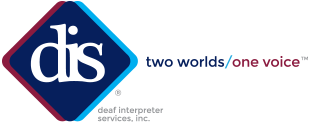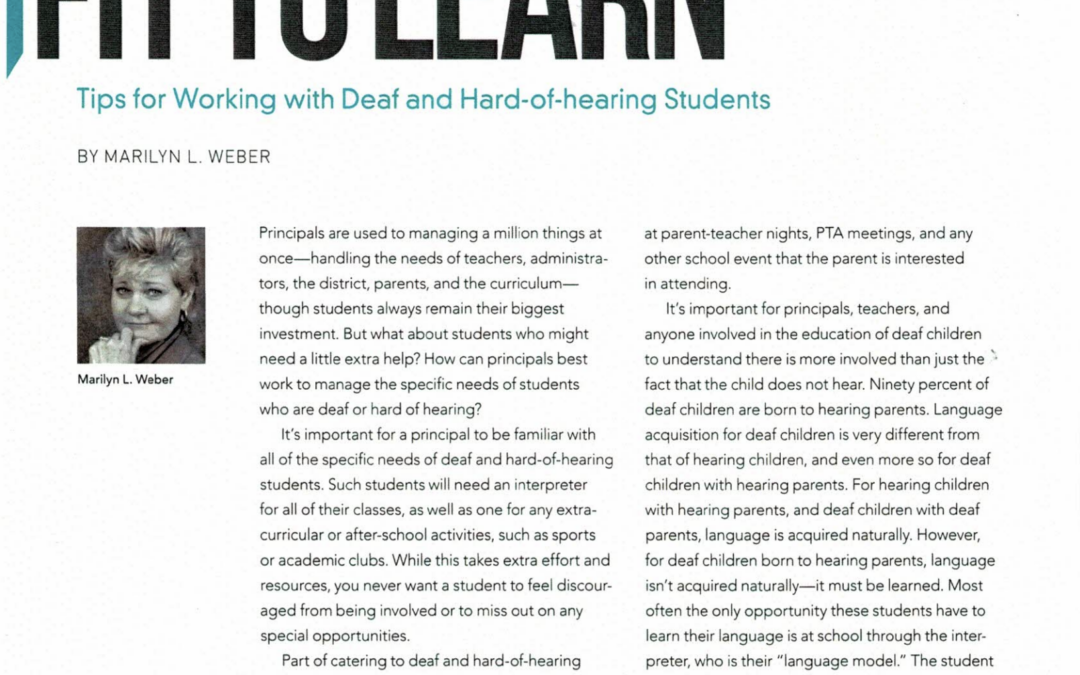The benefits of camp for kids with special needs are essentially the same as for any child: Increased confidence and independence, fun activities and exercise, positive role modeling by adults, and the opportunity to interact and develop friendships with other children. It also can give parents a much needed break!
There are all kinds of camps to choose from – families can choose camps that offer a wide range of activities, from swimming, tennis and golf to specific academic interests such as film and space. There are day camps and overnight camps, and those that last less than a week or up to two months.
Here are some resources you can consult when considering whether summer camp makes sense for your deaf or hard-of-hearing child:
- Summer Camps – Gallaudet. The Laurent Clerc National Deaf Education Center at Gallaudet University has posted a list of dozens of summer camps, family learning vacations, and clinics for deaf and hard-of-hearing children. The list is especially broad, covering 35 states, from Alabama to Wisconsin. Many states have four or five camp listings, and some even more.
- KidsCamps.com. KidsCamps.com is a huge resource that includes listings for all sorts of camps. Click on the ‘Special Needs’ tab at the top of the home page, and choose ‘Hearing Impaired’ from one of the more than 20 options. You’ll find a list of a variety of camps in almost 30 states, which you can search with filters, including location, camp type, and advanced options such as length of stay, gender type and religious affiliation. KidsCamp.com is the one of the only resources that also offers listings of camps in dozens of other countries, from the U.K and Australia to Chile, Barbados and dozens more.
- Choice Camps. This site has collected links to dozens of traditional camps, sport camps, art camps, academic camps and special needs camps. Choose the ‘Special Needs Camps’ tab and select criteria for your camper such as camp location (eight regional choices), camper gender, session length and religious affiliation. The camp summaries you’ll find are quite detailed: In addition to location, you’ll get detailed rates for various camp types, a staff overview, program description, on-site and off-site activities list, an overview of safety standards, and special accommodations options (e.g., whether there are vegetarian or peanut-free diet options). There are also videos, camp staff biographies and testimonials. This site may not show you the most camps in any given state or region, but it does seem to offer the most information about every individual camp listed.
- American Camp Association (ACA). The ACA has a database listing 3,500 camps, over 11,000 programs and more than 42,000 sessions. Click on the ‘Find a Camp’ option at the top of the home page. Before going further, you’ll need to select whether you’re looking for a day or overnight camp, and whether you want a camp for kids, families or adults. Once you make that selection, you’ll be offered the chance to filter by other options, including gender, age, activities, religious affiliation, session dates, duration and cost. Select any of these that are applicable, and scroll down to ‘Disabilities’ or ‘Special Populations’ to select ‘Hearing Impaired/Deaf’. The ACA database lists 60 camps, more than 100 programs and over 800 sessions. It also highlights the ones that are ACA Accredited (42 of the 60 listed), which means the camps have chosen to go through a thorough review of its operations to meet 300 ACA standards above and beyond the ones required for state licensing.
Besides considering your child’s interests and how long you’d like camp to be, consider asking some specific questions about Deaf Culture there. For example, does the camp you’re considering encourage ASL, lip reading or spoken language? What percentage of the counselors are deaf or have hearing loss?
It also helps to know: Does the camp offer family weekends for parents and kids to take advantage of together? Many camps offer special family weekends, which allow parents to enjoy guest speakers on relevant topics and talk with other parents of deaf or hard-of-hearing children.
Besides providing a summer of fun, a chance to meet new friends and team building activities, most summer camp programs for deaf and hard-of-hearing children promote communication, vocabulary building, auditory skills improvement and language development.
Whatever type of camp you’re most interested in and comfortable with, it’s probably out there today, and there’s a good chance you can find it on one of these sites. Make some treasured memories this summer!



